Did you know that thyroid problems are one of the most common health issues diagnosed in cats?
In fact, up to 50% of all cats will develop a thyroid problem at some point in their lives.
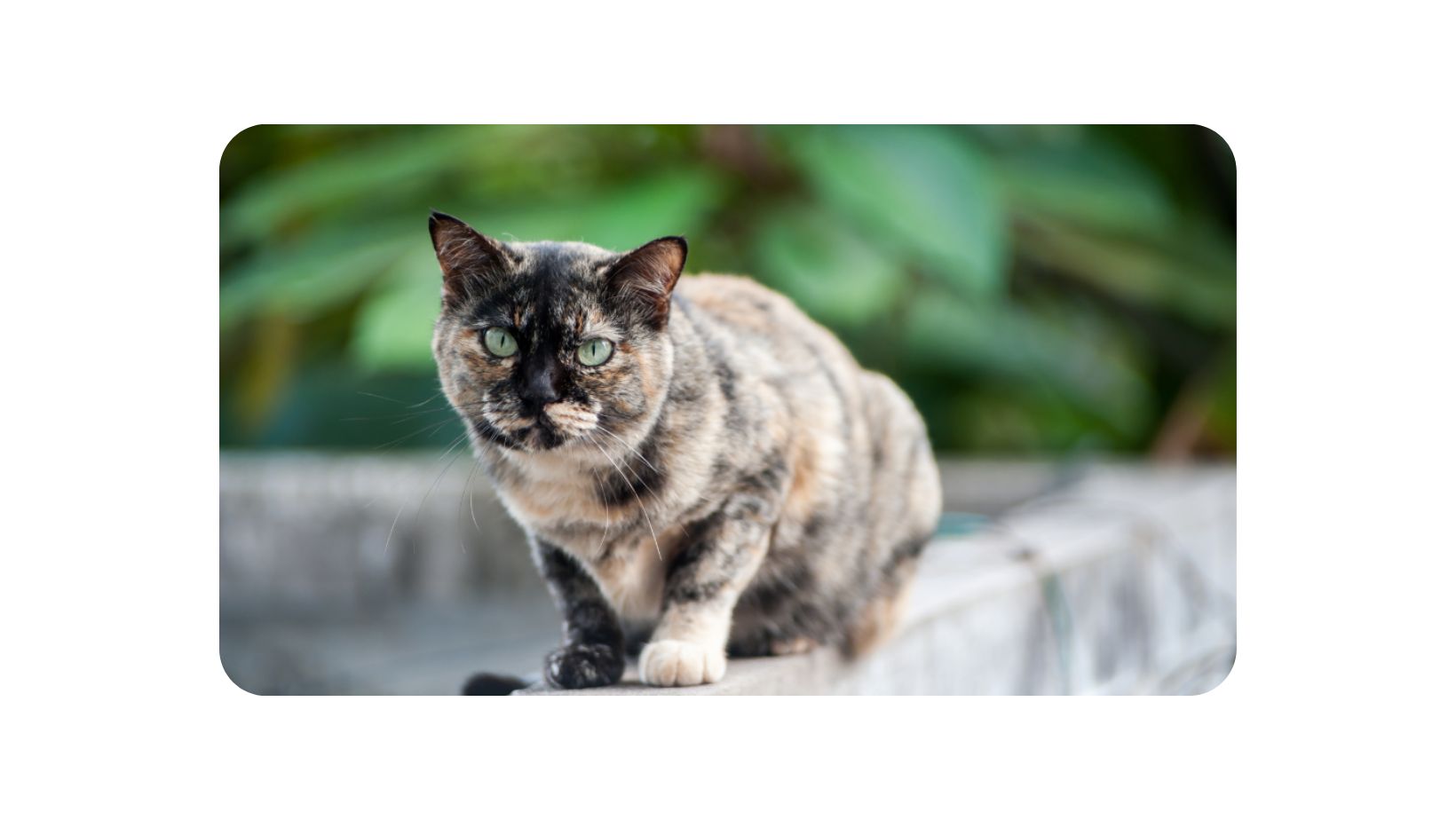
While thyroid problems can occur in any cat, they are more common in older cats and obese cats.
If your cat is showing any of the following symptoms, it's important to take them to the vet for a check-up: weight gain or loss, excessive thirst or urination, hair loss, poor coat condition, lethargy, aggression, and/or changes in behaviour.
But what causes hyperthyroidism?
Well, there are a few things that could be to blame. From an iodine deficiency to tumours and autoimmune diseases, we take a look at the common causes of thyroid problems - and the treatments available.
Note that while there is no one cure for thyroid problems, there are treatments available that can help manage the symptoms and keep your cat comfortable.
If you think your cat may have a thyroid problem, you should make an appointment with your vet as soon as possible.
Hyperthyroidism is when your cat's thyroid glands are overactive, which means they produce too many thyroid hormones.
Cats have two thyroid glands, which are located at the base of the neck and produce hormones that control the metabolism in your cat's body. When one or both of these glands become enlarged, it causes an increase in thyroid hormones.
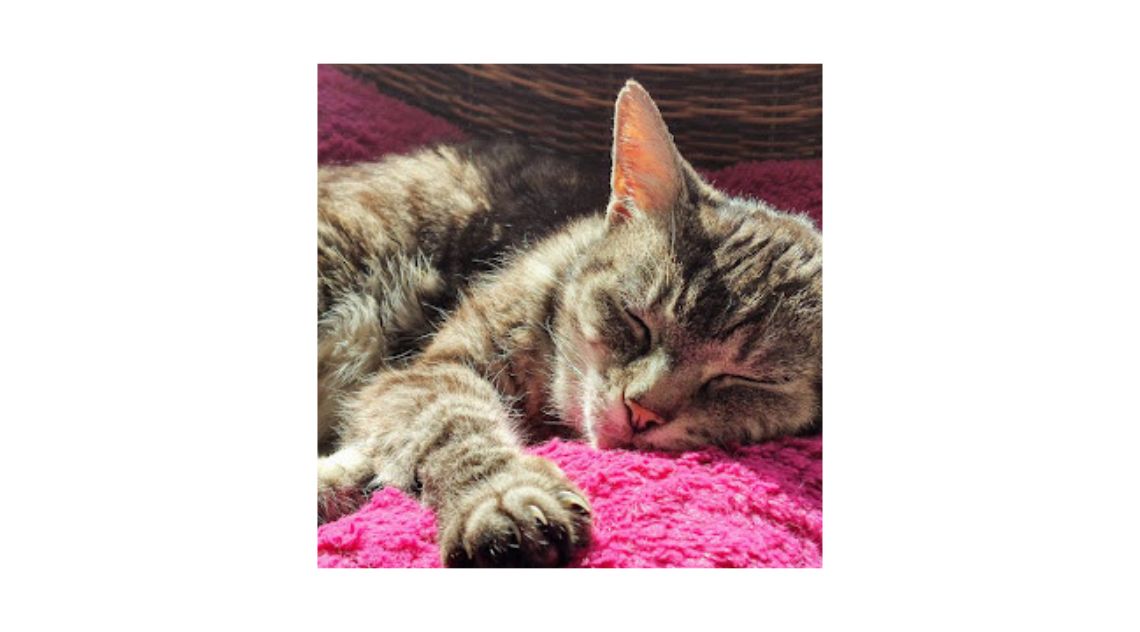
The thyroid gland produces hormones that regulate the body's metabolism rate, which means they control how quickly the body burns calories and uses energy.
Contributing factors for thyroid issues can include deficiencies in their diet, such as an iodine deficiency, autoimmune diseases, or an adenoma, which is a non-cancerous tumour.
There are many symptoms of thyroid issues that you will need to keep an eye out for, and some of the most common symptoms include an increased appetite, weight loss, hyperactivity, and lethargy.
Cats with an overactive thyroid gland are likely to have a voracious appetite as a symptom of their illness. As a result, you may notice your cat is eating more but not gaining any weight.
Weight loss is a common side effect of thyroid issues. While a little weight loss is normal as cats get older, sudden weight loss can be a sign of a larger health issue.
Cats who have too much thyroid hormone in their bodies are extremely hyperactive. They may be very vocal, they may be destructive, they may be excessively affectionate, or they may just seem to be on a non-stop hunting trip.
They may also be very territorial, even with their owners. Hyperactivity is a common symptom of thyroid issues.
Cats with an overactive thyroid gland will lose a lot of fluid through urination. Some cats are so severely affected that they end up with life-threatening kidney failure. Drinking and peeing more often is a common symptom of thyroid issues.
A dry and untidy coat is a common symptom of thyroid issues. Cats with thyroid issues will be less likely to groom themselves properly, leading to an unkempt appearance.
Cats who are experiencing thyroid issues may become lethargic and less sociable. This is because the thyroid hormone controls how quickly the cells in the body grow and use energy.
When your cat develops a thyroid issue, it often leaves them with less energy for things, such as being active and sociable.
Cats with an overactive thyroid gland are also more susceptible to infections. They are also more likely to develop diarrhoea. If your cat is experiencing several of these symptoms, it is a good idea to take them to the vet for a check-up.
They will likely be tested for thyroid issues.
The first step in diagnosing thyroid problems is to identify the underlying cause. The vet will also take a blood test, which will determine whether your cat has hyperthyroidism or another thyroid issue.
Here, we take a look at the different treatments available for cats with thyroid problems. Depending on the severity of your cat's condition, your vet may prescribe one of the treatments below.
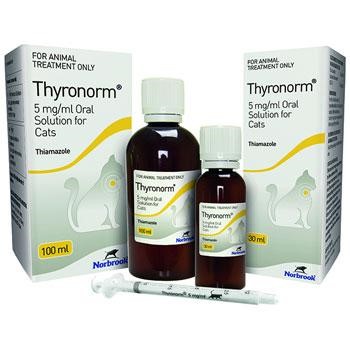
Thyronorm is a synthetic version of thyroid hormone and is used to stabilise hyperthyroidism. It works by replacing the thyroid hormone that is lacking in cats with hyperthyroidism.
You can buy Thyronorm here (A prescription is required).
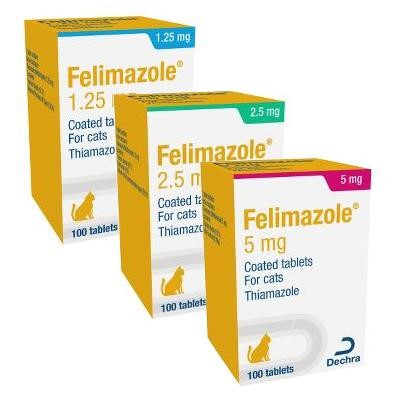
Felimazole is an antithyroid and is used in cats with hyperthyroidism. Felimazole works by reducing the amount of thyroid hormones in the body by blocking pathways related to the production of the thyroid hormones.
You can buy Felimazole here. (A prescription is required)
This treatment is for cats with overactive thyroids issues, such as hyperthyroidism, and is administered by a vet while your cat is lightly sedated.
Radioactive iodine therapy is a more permanent solution for hyperthyroidism. Most cats respond well to the treatment without a recurrence of thyroid issues.
While this isn't always possible, dietary changes can sometimes make a big difference for thyroid problems in cats. If your cat has an iodine deficiency, dietary changes may be enough to control the symptoms. This is especially true if you catch the problem early and make small changes.
As we've discussed in this article, thyroid problems are an issue that can affect cats of any age and breed. Thankfully, there are a variety of treatments that can be prescribed to help manage the progression of the disease and keep your cat as comfortable as possible.
If you think your cat may be experiencing thyroid problems, it's important to visit the vet as soon as possible.
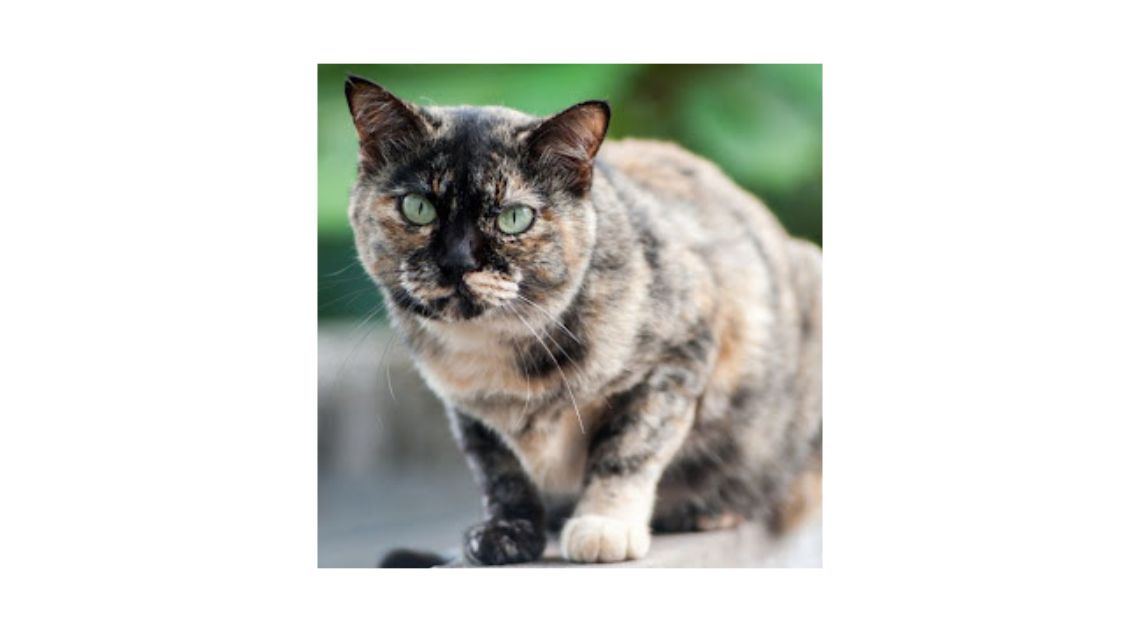
When left untreated, hyperthyroidism can lead to heart problems and can even result in heart failure. Additionally, cats with hyperthyroidism also experience high blood pressure, which can cause damage to their heart, brain, kidneys, and eyes.
When managed with your vet and treatment, cats can live a comfortable life for many years when they have thyroid problems.
If your cat's health is declining, and they are in pain without any quality of life, your vet may recommend euthanasia. However, this decision is not made lightly, and most cats can receive treatment to manage their condition for many years with a good quality of life.
Over time as the condition progresses, either despite treatment or because the problem is discovered late, your cat may struggle with a number of symptoms. Cats with late-stage hyperthyroidism typically experience vision loss, kidney problems, weight loss as well as heart problems.
Yes, many cats drink more water when they have hyperthyroidism, and you will also notice an increase in urination.